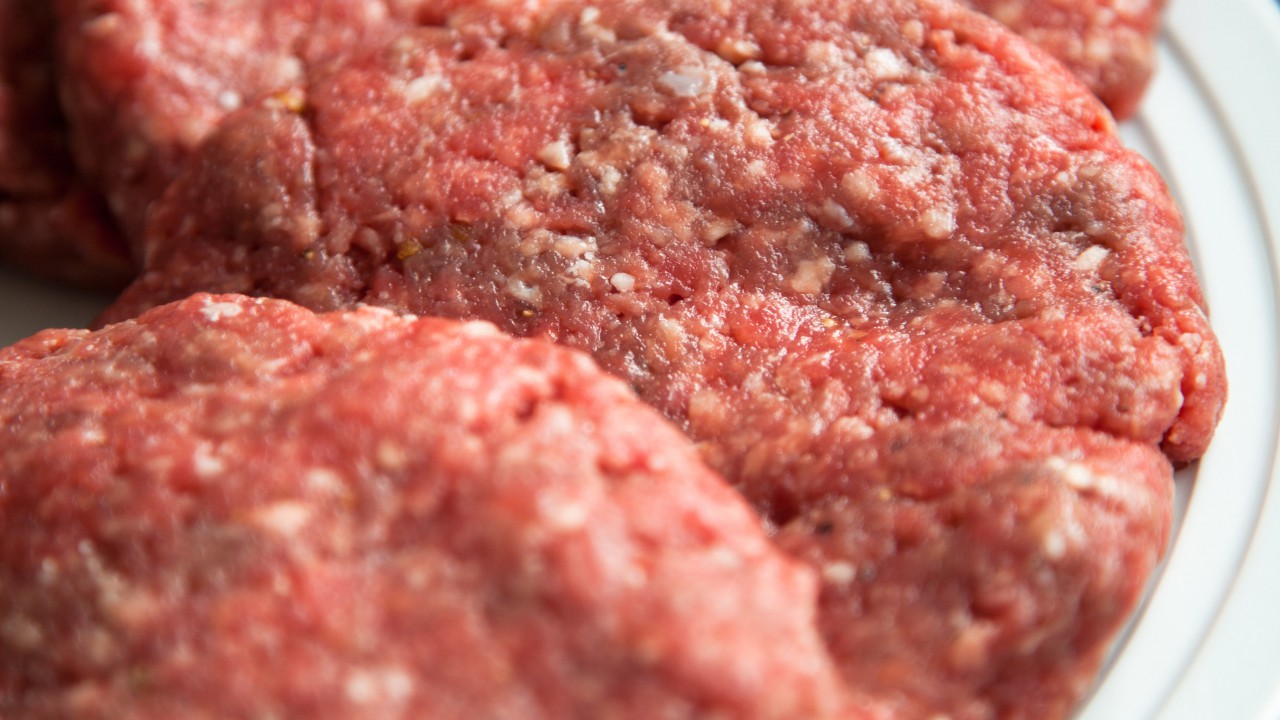Brazil is expected to deliver an additional 1 million tonnes of beef to the international market in the coming years, according to Adolfo Fontes of Rabobank.
However, he also said in a recent analysis that some ‘issues’ will need to be addressed in Brazil to see this happens.
He says although the country is already a key global player in the sector, the structure and coordination of its beef value chain is still less developed than that of other important beef exporters.
According to Fontes, this situation limits Brazil’s production potential, and it increases both costs and risks along the chain.
“But it also shows that Brazil still has room to increase beef production and to reduce costs.
“Better management is perhaps one of the most critical ways in which the Brazilian beef industry could reach these goals.”
‘Brazil’s beef value chain needs to change’
According to Fontes, the Brazilian beef industry is relatively inefficient by global standards, with below-average sector productivity and yield parameters.
Historically, he said the country’s beef sector has benefited from abundant grazing land for calf and grass-fed beef production, which has enabled Brazil’s output to grow strongly.
“But in the current context of degraded conditions for a significant amount of Brazil’s pasturelands—areas that haven’t received investments for soil improvements and have produced poor-quality forages—Rabobank sees increasing challenges to this position.”
However, Fontes also says strong international demand for beef is expected in the coming years, especially in Asia.
“This will certainly require more animals slaughtered per year and better quality coming from the main global beef exporters,” he said.
According to the USDA, major imports will demand 10.1m tonnes of beef from the international market by 2024—an additional volume of 2.8m tonnes if compared to 2014.
Rabobank believes that Brazil could deliver 1 million tonnes of this additional volume.

